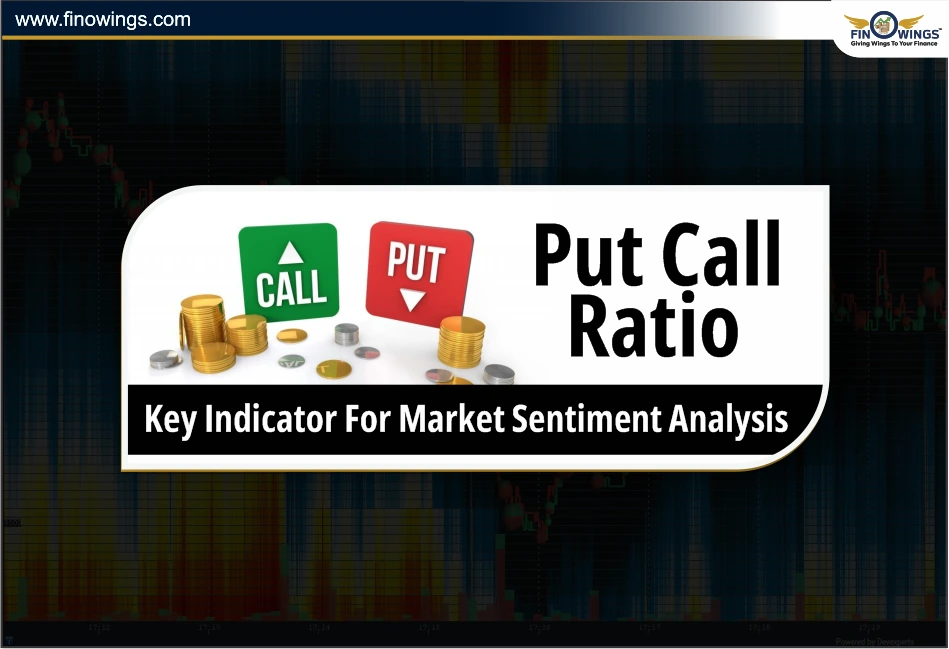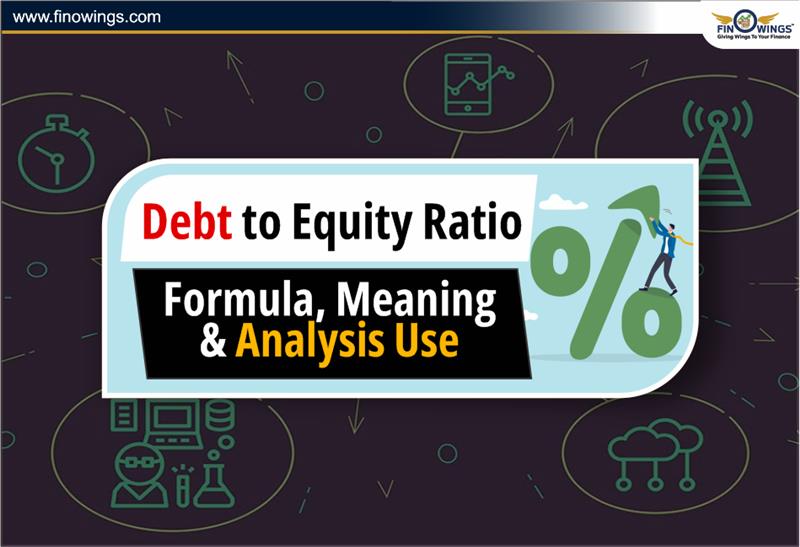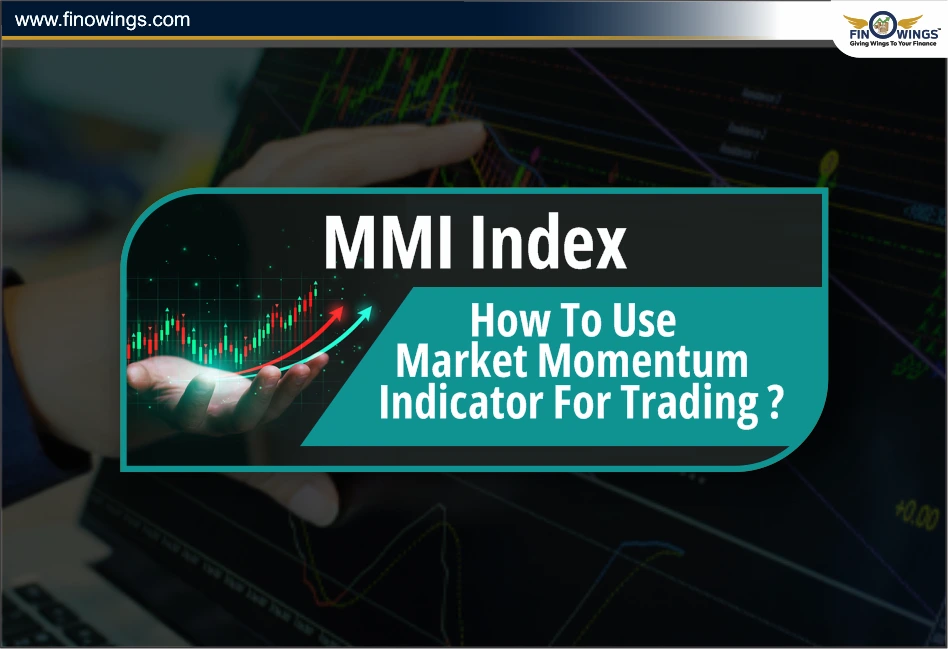Home >> Blog >> Top 5 Books for Trading in Stock Market for Beginners
Top 5 Books for Trading in Stock Market for Beginners

Table of Contents
Today the ease or difficulty of trading and investing varies greatly from person to person. Some traders find themselves struggling, wishing for guidance on avoiding mistakes and seeking effective strategies. If you resonate with this, you're in luck. This blog will discuss five essential books for traders, complete with brief introductions to help you decide which ones to read.
Let’s start:
1. Trading in the Zone by Mark Douglas
"Trading in the Zone" by Mark Douglas delves into the psychological aspects of trading. The book emphasizes the importance of having the right mindset to succeed in the stock market. One of the main reasons traders face losses is due to fear, greed, and lack of discipline. This book is a valuable resource for learning to control your emotions and become a disciplined trader. By understanding and managing your psychological barriers, you can enhance your trading performance significantly.
2. Market Wizards by Jack Schwager
"Market Wizards" by Jack Schwager, published in 1989, features interviews with top traders from various financial markets. Schwager shares the insights and experiences of these traders, providing readers with a wealth of knowledge on the mindset and strategies of successful traders. By reading about their mistakes, successes, and the challenges they faced, you can gain a broader perspective and develop your trading approach. A key takeaway from this book is to have strong faith in your own methods rather than constantly changing strategies based on others' opinions.
Below is the link provided for a detailed analysis on this topic.
3. Trading for a Living by Dr. Alexander Elder
Dr. Alexander Elder's "Trading for a Living" is a comprehensive guide based on three pillars: psychology, trading tactics, and wealth management. The book aims to help traders achieve long-term success through disciplined trading. Elder emphasizes the importance of a solid psychological foundation, effective trading strategies, and prudent wealth management. Key lessons include avoiding speculative trades, quickly booking losses on wrong trades, and steering clear of greed, fear, and false hopes. The book also advises that sometimes doing nothing in a volatile market is a wise decision.
4. Reminiscences of a Stock Operator by Edwin Lefvre
"Reminiscences of a Stock Operator" by Edwin Lefvre, written in 1923, remains relevant today for its timeless trading principles. The book offers valuable insights into the life of a trader and the markets. Important takeaways include understanding that speculative trades are risky, the necessity of booking losses promptly, and the importance of avoiding emotional decisions driven by greed and fear. It also highlights that patience and inaction can be powerful strategies during volatile market conditions.
5. One Up on Wall Street by Peter Lynch
"One Up on Wall Street" by Peter Lynch, a renowned mutual fund manager, is an excellent resource for investors interested in fundamental analysis. Lynch shares his approach to selecting stocks, emphasizing the importance of understanding the business behind a stock. He advises investors to have specific reasons for holding a stock and to categorize their investments to set realistic expectations. For example, you can't expect a large-cap stock to deliver the same returns as a mid-cap or small-cap stock. Understanding the category of your stocks helps you maintain appropriate expectations and strategies.
Conclusion
These five books offer a wealth of knowledge and insights for traders and investors at all levels. Whether you're struggling with the psychological aspects of trading or looking for effective strategies, these books provide valuable guidance. By learning from the experiences and wisdom of successful traders and investors, you can improve your trading skills and increase your chances of success in the financial markets.
Frequently Asked Questions
"Trading in the Zone" by Mark Douglas focuses on the psychological aspects of trading. The book emphasizes the importance of having the right mindset to succeed in the stock market. It helps traders understand and manage their emotions, such as fear and greed, and become more disciplined, which is crucial for enhancing trading performance.
"Market Wizards" by Jack Schwager features interviews with top traders from various financial markets. Readers can learn about the mindset and strategies of successful traders, their mistakes, successes, and the challenges they faced. A key takeaway is the importance of having strong faith in one's own methods rather than constantly changing strategies based on others' opinions.
Dr. Alexander Elder's "Trading for a Living" provides a comprehensive guide based on three pillars: psychology, trading tactics, and wealth management. The book aims to help traders achieve long-term success through disciplined trading. It covers avoiding speculative trades, quickly booking losses on wrong trades, and steering clear of greed, fear, and false hopes.
"Reminiscences of a Stock Operator" by Edwin Lefvre offers valuable insights into the life of a trader and the markets. Key takeaways include understanding that speculative trades are risky, the necessity of booking losses promptly, and the importance of avoiding emotional decisions driven by greed and fear. The book also highlights that patience and inaction can be powerful strategies during volatile market conditions.
"One Up on Wall Street" by Peter Lynch shares the author's approach to selecting stocks, emphasizing the importance of understanding the business behind a stock. Lynch advises investors to have specific reasons for holding a stock and to categorize their investments to set realistic expectations. This helps investors maintain appropriate expectations and strategies for their stocks, whether they are large-cap, mid-cap, or small-cap.
















